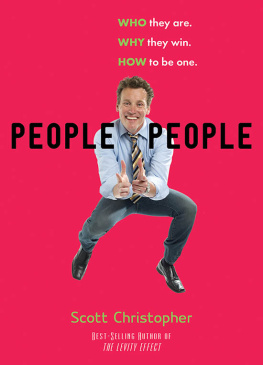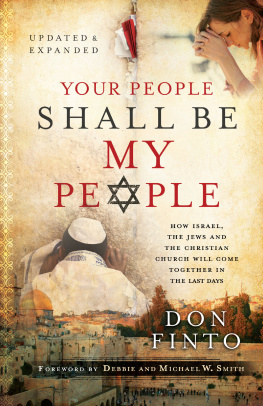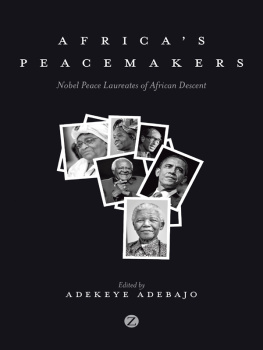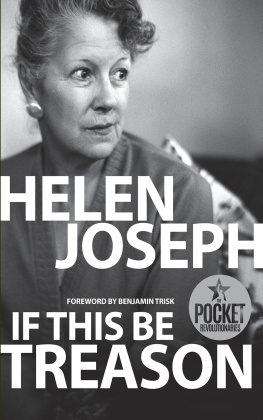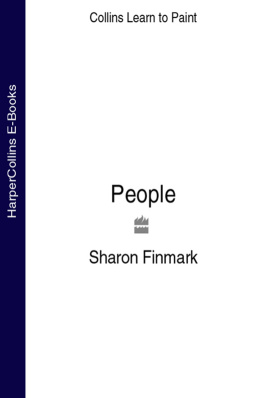Luthuli - Let My People Go
Here you can read online Luthuli - Let My People Go full text of the book (entire story) in english for free. Download pdf and epub, get meaning, cover and reviews about this ebook. City: South Africa, year: 2018, publisher: Lightning Source Inc. (Tier 1);Kwela Books, genre: Politics. Description of the work, (preface) as well as reviews are available. Best literature library LitArk.com created for fans of good reading and offers a wide selection of genres:
Romance novel
Science fiction
Adventure
Detective
Science
History
Home and family
Prose
Art
Politics
Computer
Non-fiction
Religion
Business
Children
Humor
Choose a favorite category and find really read worthwhile books. Enjoy immersion in the world of imagination, feel the emotions of the characters or learn something new for yourself, make an fascinating discovery.

- Book:Let My People Go
- Author:
- Publisher:Lightning Source Inc. (Tier 1);Kwela Books
- Genre:
- Year:2018
- City:South Africa
- Rating:3 / 5
- Favourites:Add to favourites
- Your mark:
- 60
- 1
- 2
- 3
- 4
- 5
Let My People Go: summary, description and annotation
We offer to read an annotation, description, summary or preface (depends on what the author of the book "Let My People Go" wrote himself). If you haven't found the necessary information about the book — write in the comments, we will try to find it.
Let My People Go — read online for free the complete book (whole text) full work
Below is the text of the book, divided by pages. System saving the place of the last page read, allows you to conveniently read the book "Let My People Go" online for free, without having to search again every time where you left off. Put a bookmark, and you can go to the page where you finished reading at any time.
Font size:
Interval:
Bookmark:
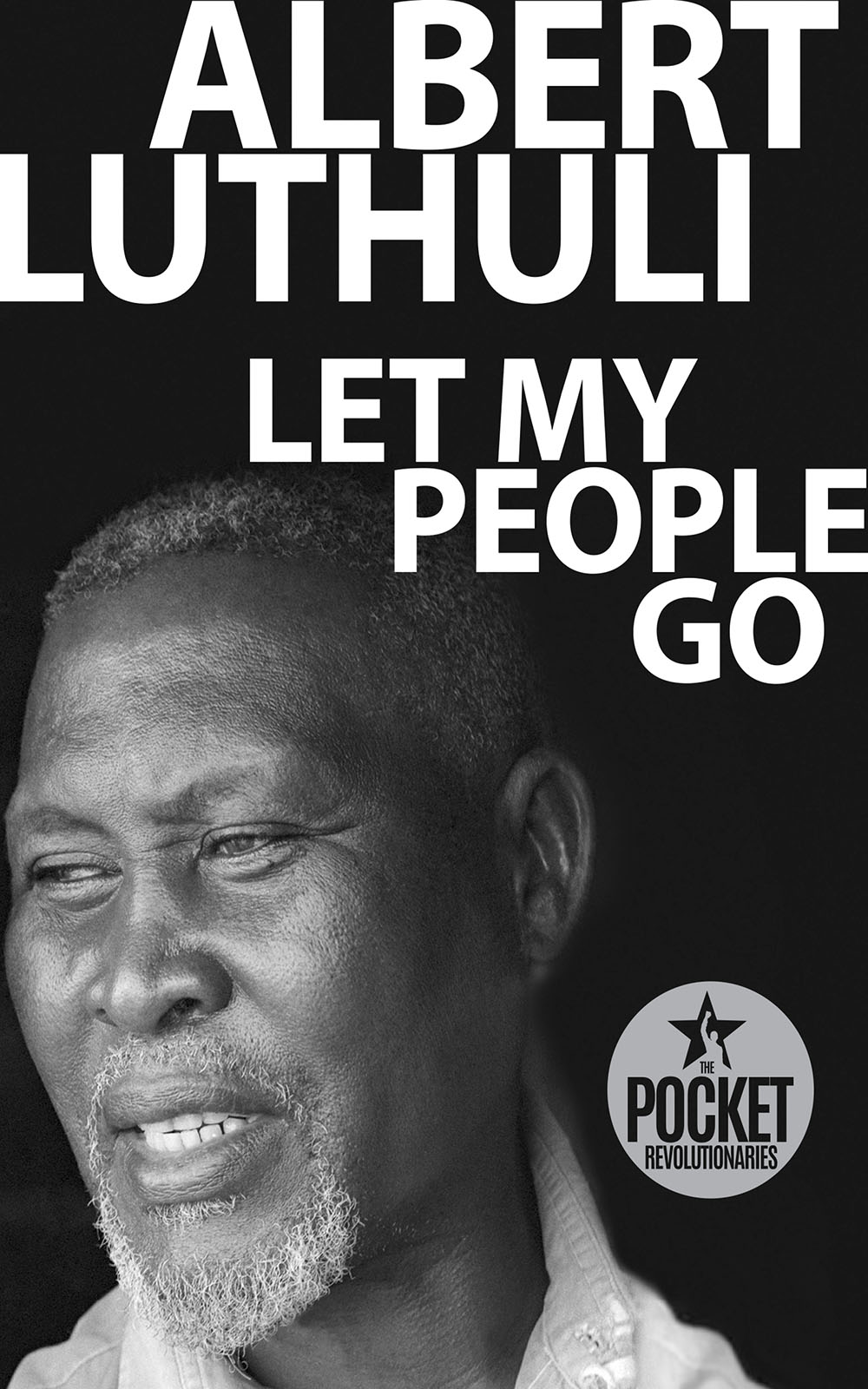
To Mother Africa, so long in fetters;
To all who love her and strive to set her free;
And to two noble women of Africa:
Mtonya, my late mother, and Nokukhanya, my wife,
To whom, under God, I am most deeply indebted.
Luthuli Legacy Project
by President Thabo Mbeki
IT IS WITH GREAT PRIDE and pleasure that I address you today in honour of our beloved and revered leader, Chief Albert John Mvumbi Luthuli.
The Luthuli Legacy Project fulfils the dreams and aspirations of the masses of our people that our great African heroes and heroines should be honoured and cherished for all time. This legacy project is part of our governments programme to ensure that, as South Africans, we capture, remember and celebrate the totality of the South African history, particularly those aspects of our history that were deliberately neglected, falsified, denigrated, ridiculed and presented in a manner that sought to entrench the anti-human ideology of racial superiority and inferiority.
Accordingly, as part of the efforts to liberate ourselves from apartheid and colonialism, both physically and mentally, we have to engage in the process of telling the truth about the history of our country, so that all of our people, armed with this truth, can confidently face the challenges of this day and the next.
This labour of love, of telling the true story of South Africa and Africa, has to be intensified on all fronts, so that as Africans we are able to write, present and interpret our history, our conditions and life circumstances, according to our knowledge and experience.
It is a challenge that confronts all Africans everywhere on our continent and in the Diaspora to define ourselves, not in the image of others, or according to the dictates and fancies of people other than ourselves.
We are gathered here today to celebrate the life, the work, the struggle and philosophy of one of the greatest leaders of our country. As we know, Chief Albert Luthuli was an educator, a leader within his church, a traditional leader, a President of the African National Congress and also the first African to be awarded the Nobel Peace Prize in recognition of his outstanding efforts for the cause of human freedom, human dignity, non-racialism, democracy and peace.
We would like to thank the Ministry and Department of Arts and Culture for ensuring that through the Luthuli Legacy Project, the ideas and philosophy of this great soldier of the African people are preserved so as to inspire all future generations to work for their full realisation.
Today, many people across the world appreciate the fact that the final stage of our liberation was marked by freedom fighters and oppressors sitting down at the same table to hammer out a settlement that buried the apartheid demon and established a society based on the ideals of equality, non-racialism, non-sexism and democracy. Chief Albert Luthuli had cherished this outcome throughout his lifetime. Undoubtedly it is therefore part of the legacy that he bequeathed to our country and people.
Chief Luthulis life was inextricably linked to the striving of our people for democracy. Indeed, the defining moments of Chief Luthulis leadership were during the 1950s, a decade marked by militant mass struggles, including the Defiance Campaign, general strikes, bus boycotts, the potato boycott, mass campaigns against passes for women, the struggles against Bantu Education, workers struggles for better wages and better working conditions and many other mass struggles of our people.
The 1950s also witnessed the historic process of the independence of Africans from colonialism and the rollback of the outcomes produced by the European Scramble for Africa, which resulted in our continent being shared by the imperial powers. The Suez crisis of 1956 was a clear indication that the gunboat diplomacy of a previous era was no longer an option for the Western powers. The independence of Africa gathered momentum, when first Ghana became free in 1957, then Guinea in 1958 and subsequently a number of African countries gained their independence.
It was during this time of mass struggles in our country and the collapse of the colonial system, that the rare gift of the leadership of Albert Luthuli came to the fore. Luthuli was a man of immense dignity and noble bearing. His love of humanity was matched by his intolerance of racial bigotry and oppression.
During an adult life taken up with political activism, and on the basis of his strong Christian convictions, he forged a democratic political outlook that embraced people of all colours, races and creeds as members of the human family.
The indestructible legacy that Chief Luthuli has left for all of us is the unwavering dedication to the total liberation of his people and the indomitable will to undertake seemingly impossible tasks to achieve this objective.
The legacy project we launched today is but perhaps an insufficient tribute to that indomitable spirit to serve the people of South Africa and Africa. All of us are proud and honoured to have participated in the restoration of the church in which he spread the true meaning of the gospel to the masses of our people; the consecration of the family burial plot where he is laid to rest; the opening of the Luthuli Museum in Groutville, and the unveiling of the statue of Chief AJ Luthuli at the KwaDukuza Cultural Precinct.
In a speech to the 22nd Biennial Conference of the South African Indian Congress in 1956, Chief Luthuli quoted one of his favourite poems, The Psalm of Life by Henry Wadsworth Longfellow. It is perhaps fitting that, on this day, we should share Longfellows words with you, in memory of a great patriot and Nobel Peace Laureate. Longfellow wrote:
Life is real! Life is earnest!
And the grave is not its goal;
We can make our lives sublime,
And departing, leave behind us
Footprints on the sands of time;
Footprints, that perhaps another,
Sailing oer lifes solemn main,
A forlorn and shipwrecked brother,
Seeing, shall take heart again.
After quoting Longfellow, Chief Luthuli issued this challenge to the delegates: The challenge to you and all of us who love and value liberty is to build a tradition that will be a statue of liberty in the Union of South Africa. We have to do this in the face of strong gales that make the task of building and maintaining this Statue of Freedom a most hazardous undertaking fraught with dangers that are capable of destroying us and the tradition of liberty we would be building. The cause is so worthwhile that any risks and dangers confronting its realization sink into insignificance.
Indeed, today, as we remember this great African leader, we dare say that the better life that we are building after attaining the freedom that Luthuli and many others fought so hard to achieve, must be real, as the poet said.
I am confident that through our combined efforts, together we can make the lives of our people sublime and magnificent, uplifting particularly those who occupy the lowest rung in our social order. In doing so, and as the poet said, we will emulate AJ Luthuli in leaving behind us the footprints on the sands of time.
We are blessed that we have the opportunity to follow on those footprints, because the wise words he uttered in 1956 are still very relevant today. We agree with his call that all of us who value liberty have to build a tradition that will be a statue of liberty in our country.
As we work for the total transformation of our country into a truly non-racial, non-sexist, and prosperous democracy, his prophetic words become more relevant because indeed we are engaged in the task of building a statue of liberty, in the face of strong gales that make the task of building and maintaining this Statue of Freedom a most hazardous undertaking fraught with dangers that are capable of destroying us and the tradition of liberty we would be building.
Font size:
Interval:
Bookmark:
Similar books «Let My People Go»
Look at similar books to Let My People Go. We have selected literature similar in name and meaning in the hope of providing readers with more options to find new, interesting, not yet read works.
Discussion, reviews of the book Let My People Go and just readers' own opinions. Leave your comments, write what you think about the work, its meaning or the main characters. Specify what exactly you liked and what you didn't like, and why you think so.

